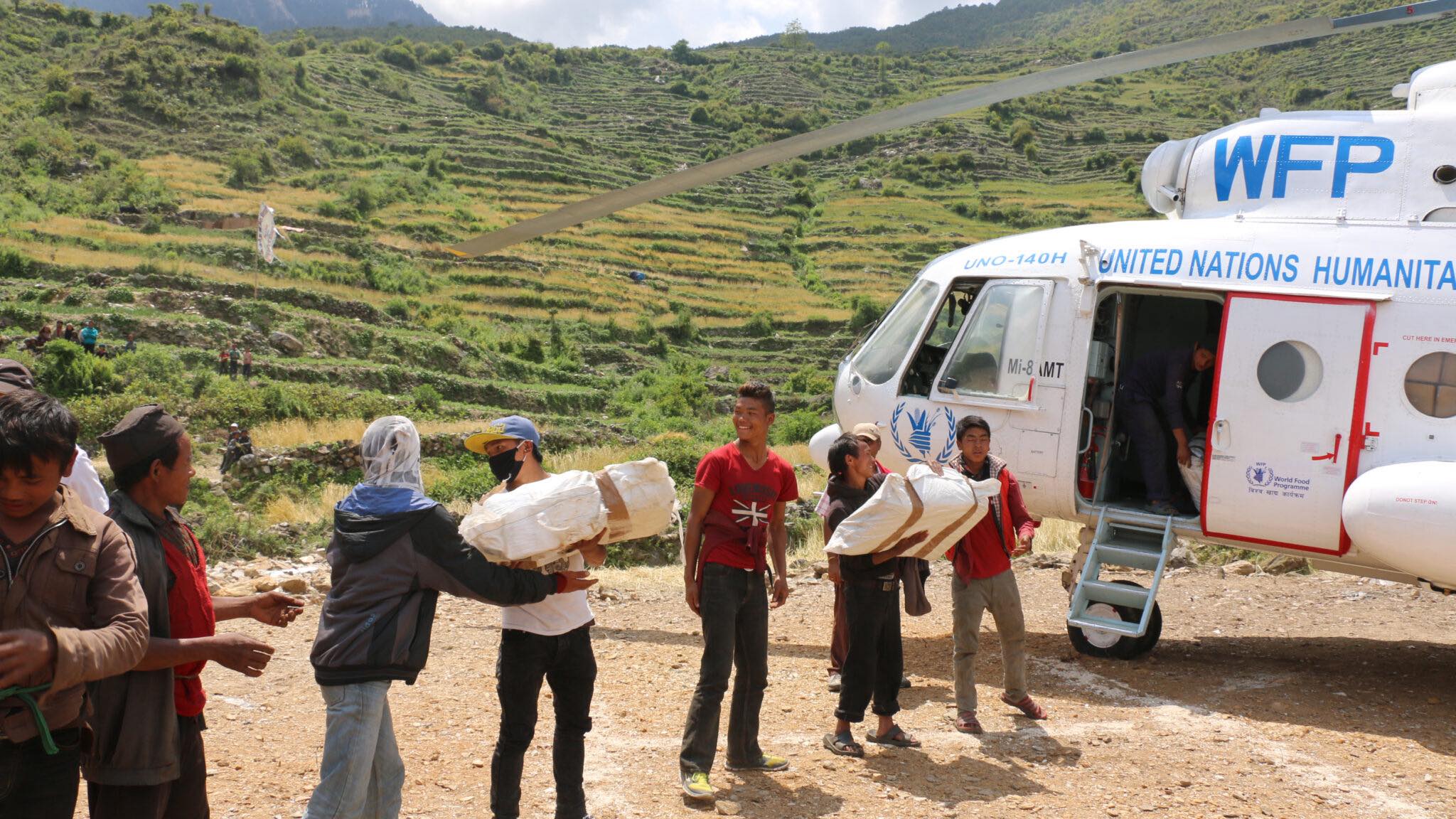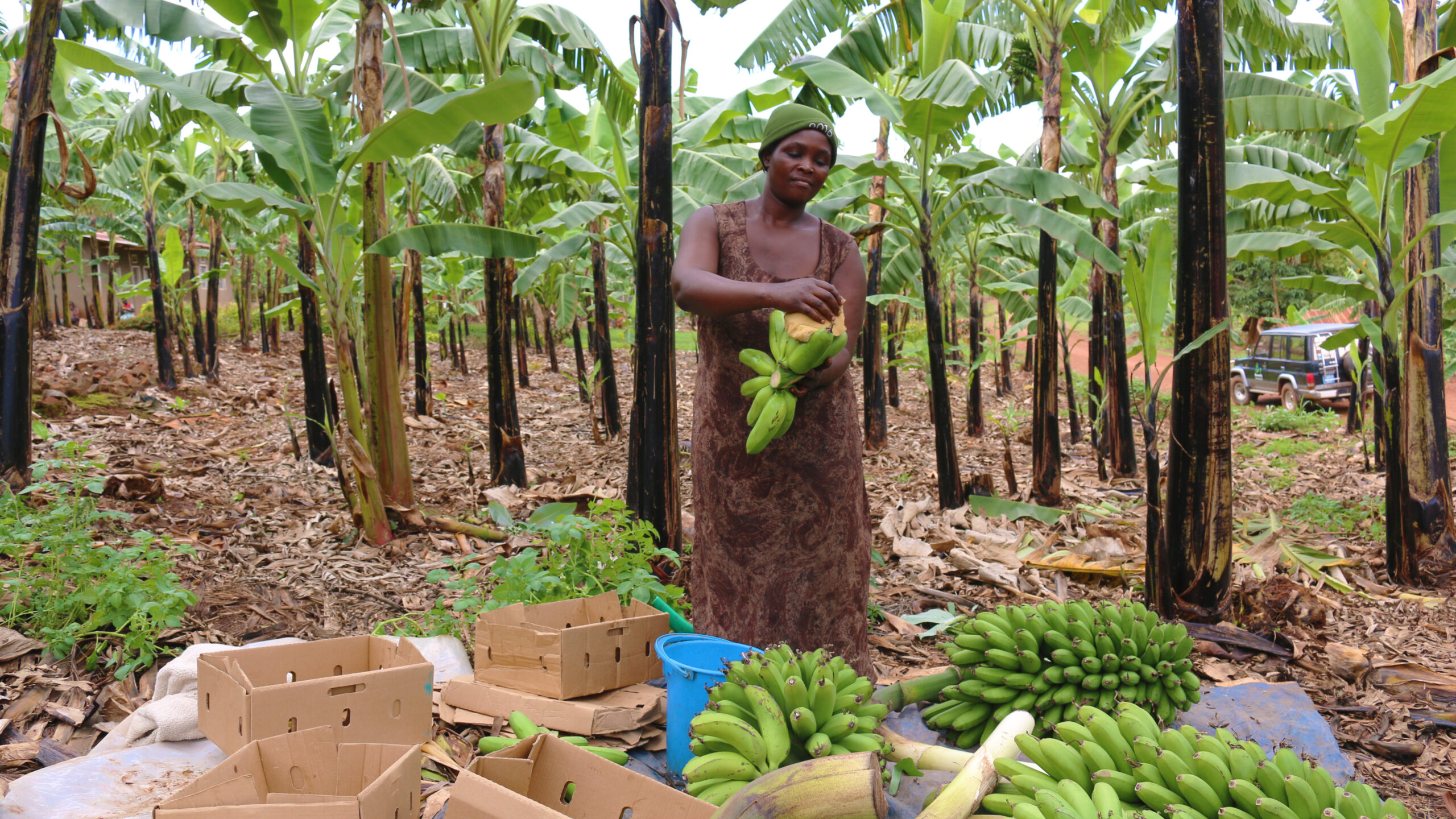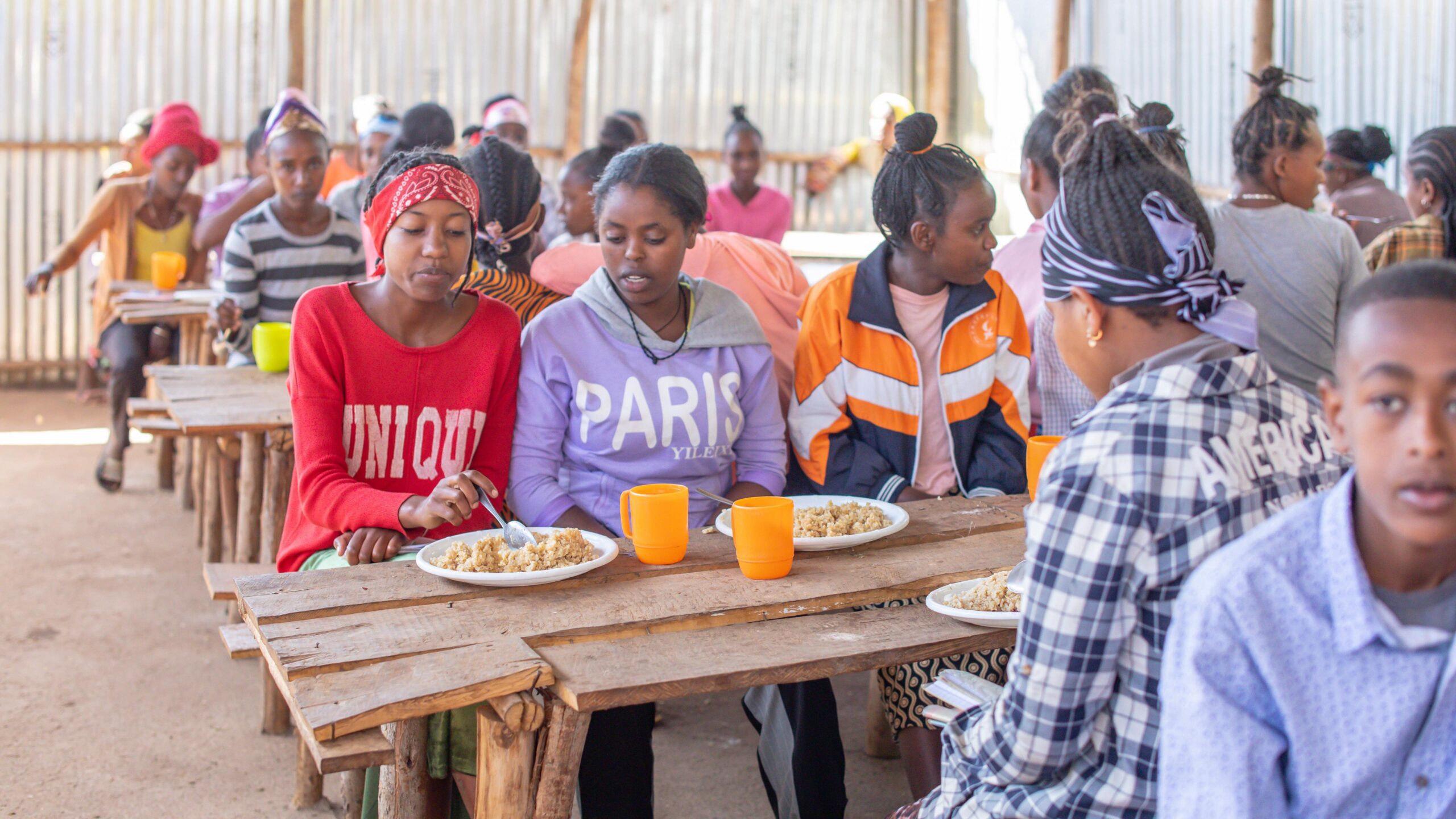If Bangladesh is to find a way out of poverty and poor nutrition, it needs timely and accurate information about the way its farmers are growing food, using water, accessing markets, and developing agricultural resources. Until now, such data was hard to come by. But this past weekend, IFPRI’s program in Bangladesh took a big step towards putting that crucial information in the hands of agricultural policymakers.
At an event on Sunday, November 4 presided by Minister of Agriculture Matia Chowdhury, the Ministry of Agriculture and IFPRI’s USAID-funded Bangladesh Policy Research and Strategy Support Program jointly launched the Bangladesh Agricultural Policy Support Unit (APSU).
This unit, housed within the Ministry of Agriculture, is designed to provide timely recommendations and in-depth analysis for policy options, and monitor and evaluate the implementation and impact of those policies.
The APSU will do this by gathering information on the country’s agricultural situation from local, regional, and international data sources, summarizing it, and presenting options to policymakers.
The APSU staff will collaborate closely with researchers from IFPRI’s Bangladesh program as well as Bangladesh’s national agricultural research system, universities, and NGOs to produce policy briefs and papers on such topics as pre-harvest crop outlooks; farmers’ use of seeds, fertilizers, irrigation, pesticides, and energy; how farmers are adopting technologies; prices for key crops such as rice; and the effectiveness of the agricultural extension service.
Akhter Ahmed, director of IFPRI’s Bangladesh program, explained that ultimately the APSUwill act as a “situation room” for agricultural policy planning: a state-of-the-art network connecting agencies and decisionmakers within the Ministry of Agriculture. It will also serve as a data reservoir for other institutions wishing to conduct agriculture and food security research.







